Springs of Clitunno
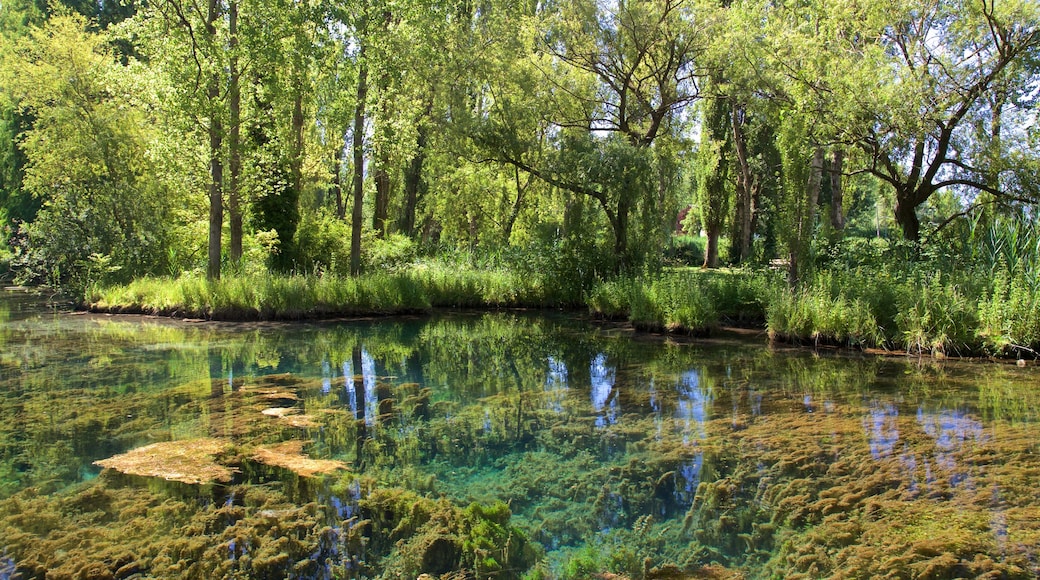
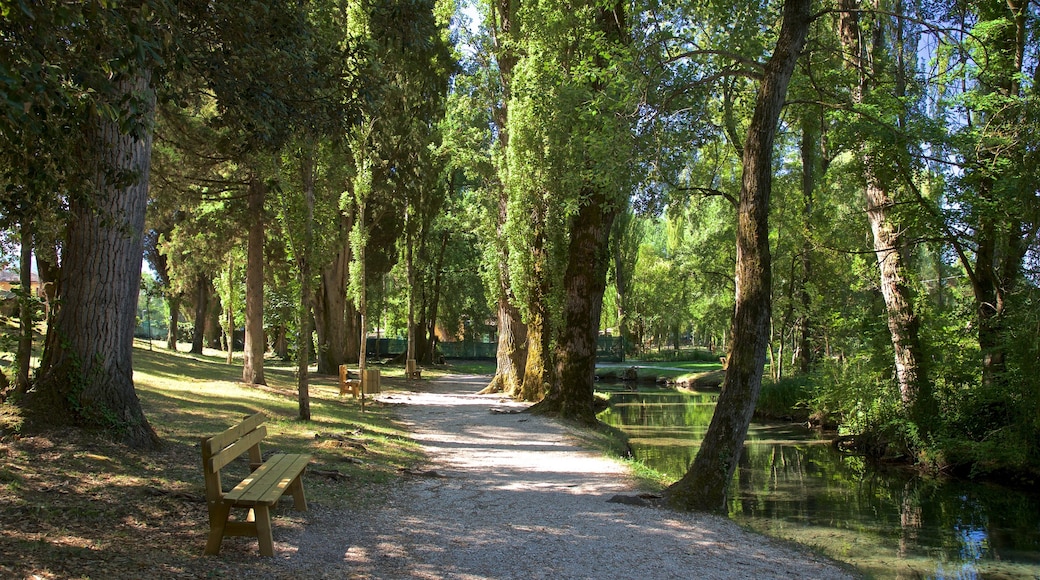
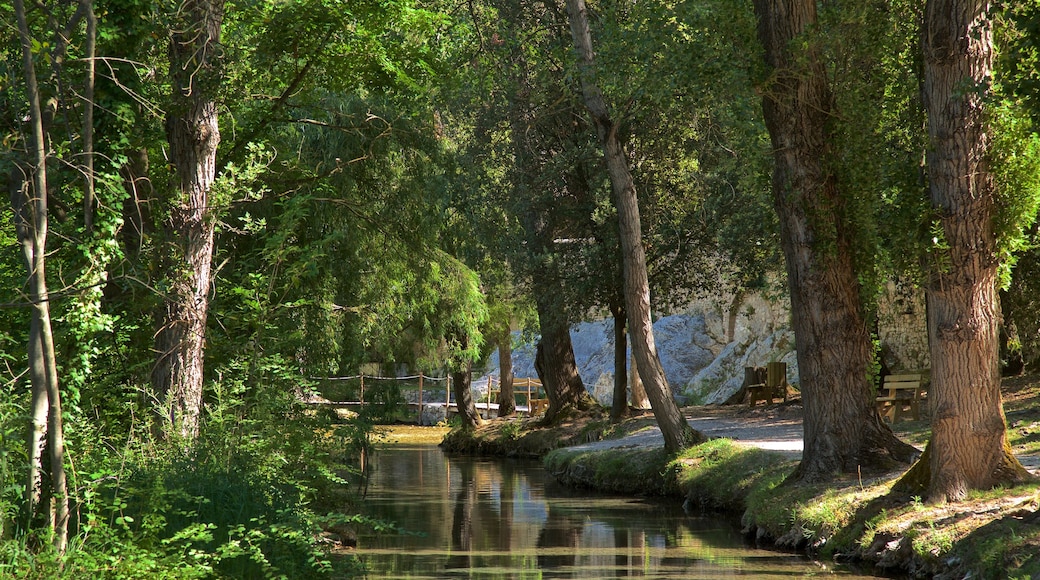
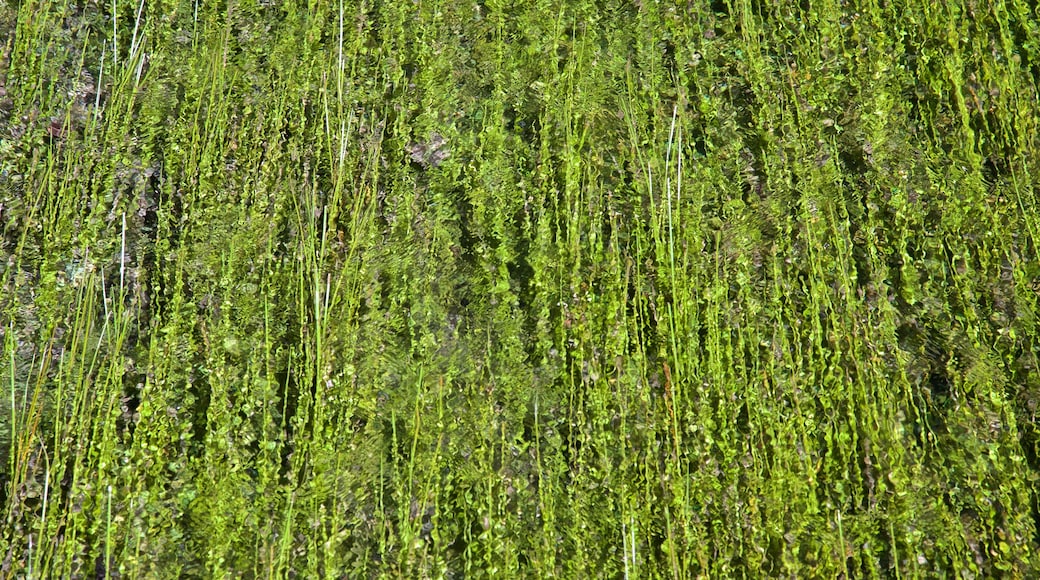
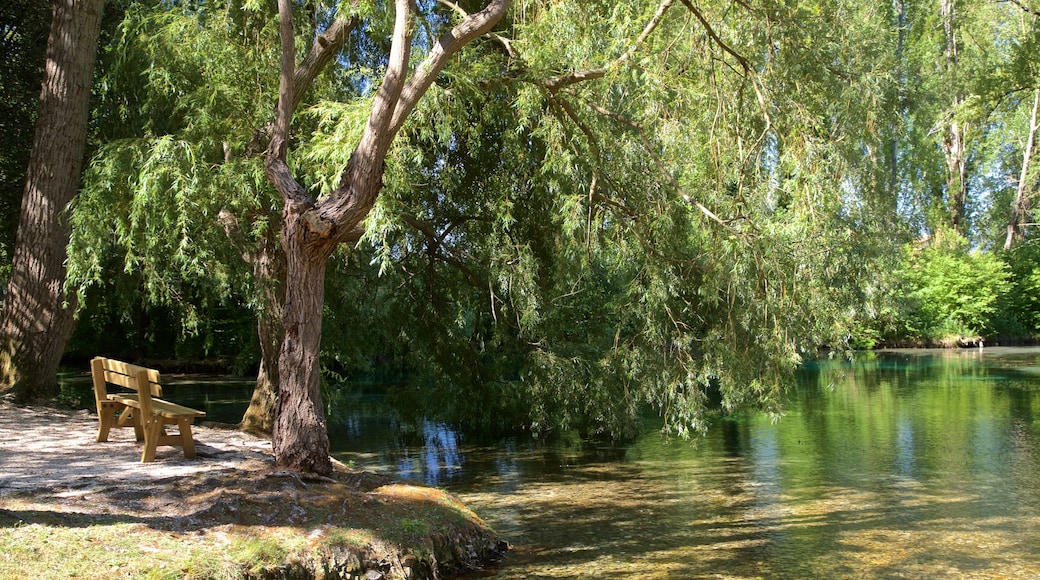
Visit Springs of Clitunno
Popular places to visit
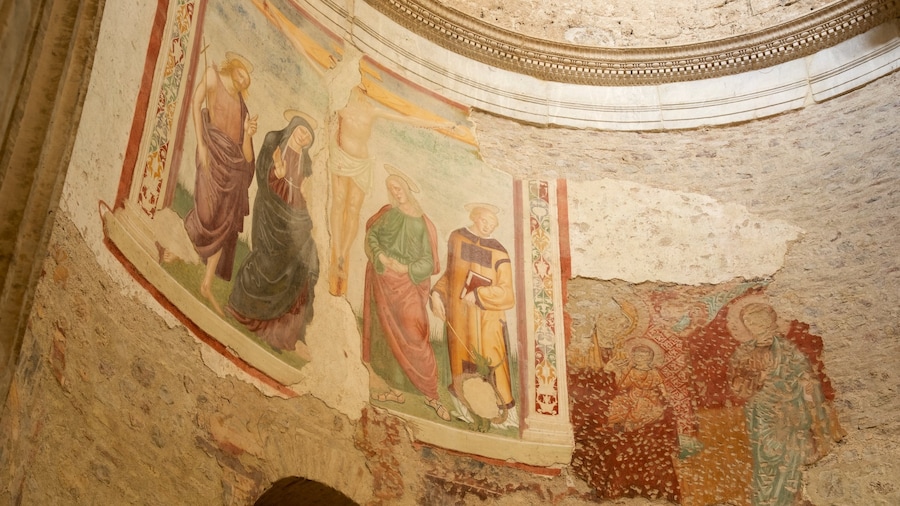
Basilica of San Salvatore
One of the country’s oldest and most interesting churches is a basilica that resembles a Roman temple.
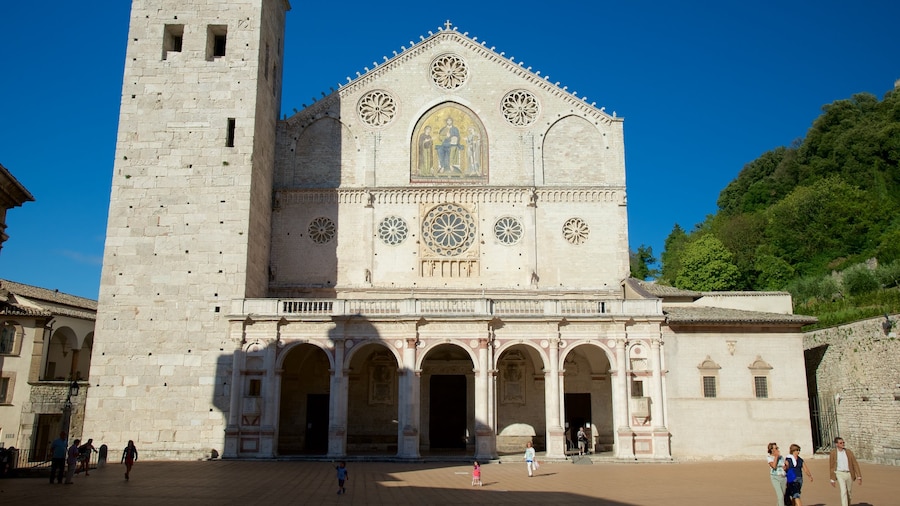
Spoleto Cathedral
5/5(3 reviews)
Admire the fresco masterpieces and elegant tomb housed in the Baroque interior of this historic cathedral.
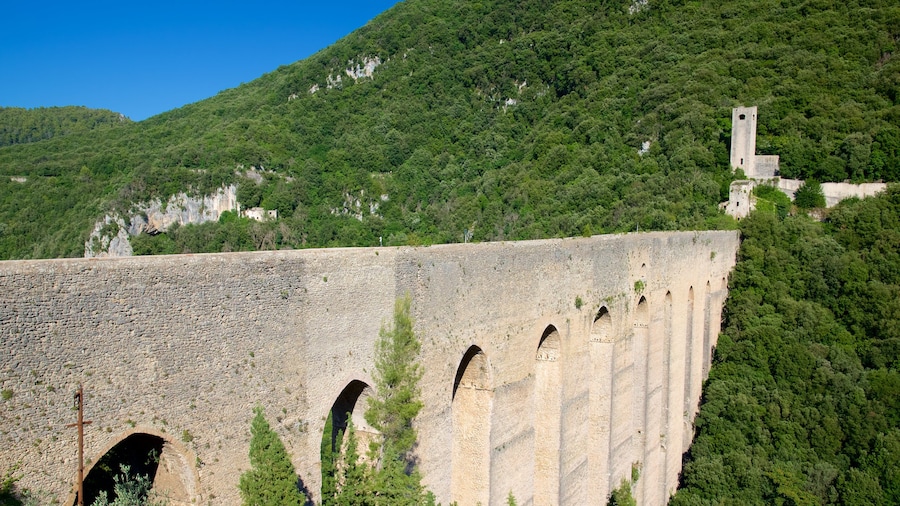
Ponte delle Torri
4.5/5(6 reviews)
Gaze up at the imposing columns of one of Spoleto’s most iconic landmarks that spans a deep gorge.
Sanctuary of Our Lady of Tears
You can learn about the history of Trevi when you stop by Sanctuary of Our Lady of Tears. Discover the countryside in this walkable area.
La Chiesa di S. Francesco
You can learn about the history of Trevi with a visit to La Chiesa di S. Francesco. Discover the countryside in this walkable area.
Cattedrale di Spoleto
You can find out about the history of Spoleto with a visit to Cattedrale di Spoleto. Discover the area's countryside and monuments.
Top Springs of Clitunno Hotel Deals
Check availability on hotels close to Springs of Clitunno

Il Castello Di Campello
Borgo Rovero di Champeaux, Campello sul Clitunno, PG

Relais Borgo Campello
Via del Palazzetto, 3, Campello sul Clitunno, PG

Casa di Led
Via San Silvestro 9, Localita' Le Cozze, Campello sul Clitunno, PG

Corte Fratini Residenza D'Epoca
Via Cascia 8, Trevi, PG

Borgo della Marmotta - Farm Home
Localita Poreta 1, Poreta, Spoleto, PG

HOTEL TREVI
Via Antonino Fantosati 2, Trevi, PG

Villa del Cardinale
Fraz. Poreta 8, Spoleto, PG
Lowest nightly price found within the past 24 hours based on a 1 night stay for 2 adults. Prices and availability subject to change. Additional terms may apply.